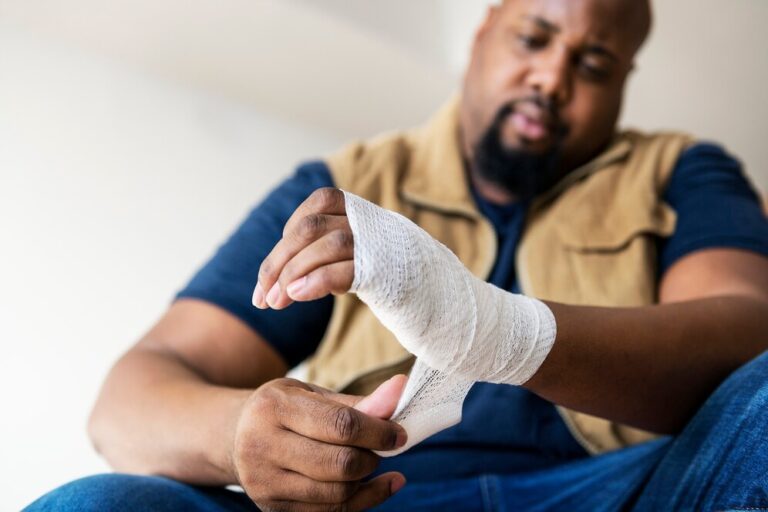
The Psychological Impact of an Injury and How to Deal with It
Suffering an injury can have a lasting impact not only on our physical well-being but also on our mental and emotional state. Whether it's a minor accident or a more serious incident, the aftermath of an injury can be overwhelming and challenging to cope with.
In such cases, looking for compensation through a personal injury claim may provide some relief. Still, it's essential to understand the psychological effects of an injury and how to deal with them. Let's begin with understanding the different ways in which an injury can impact us psychologically.
The Psychological Effects of an Injury
• Fear and Anxiety: The most common reaction to experiencing an injury is fear and anxiety. It is natural to feel afraid, especially if the injury is severe or has caused significant changes in our daily routine.
• Depression and Sadness: An injury can also lead to feelings of depression and sadness, mainly if it interferes with our ability to perform everyday tasks or participate in activities we enjoy.
• Anger and Frustration: Dealing with pain, discomfort, and limitations imposed by an injury can also result in anger and frustration towards ourselves or others.
• Loss of Identity: If the injury affects our appearance, mobility, or abilities, it can also cause a loss of identity and sense of self.
• Isolation and Loneliness: Being unable to participate in social activities or feeling like a burden on others can make us feel isolated and lonely, leading to further emotional distress.
Coping with the Psychological Effects

Image source: Freepik
It's crucial to acknowledge and address the psychological impact of an injury in order to effectively cope with it. Here are some strategies that can help:
Seek Emotional Support
Seeking emotional support from friends and family is nothing to be ashamed about. In your road towards recovery, talking about your feelings can make you feel less alone and help you process them. If necessary, think about obtaining professional therapy or counseling.
Practice Self-Care
It's crucial that you look for yourself when you're recuperating. Rest, nutrition, and exercise should be your top priorities because they have a favorable effect on your physical and
mental health.
Stay Positive
It's natural to experience negative emotions after an injury, but try not to dwell on them. Instead, focus on positive thoughts and activities that bring you joy and help boost your mood. This can involve engaging in leisure activities, practicing yoga or meditation, or spending time with close friends and family.
The Role of a Personal Injury Claim
As mentioned earlier, seeking compensation through a personal injury claim can provide some financial relief. However, the process itself can also have psychological benefits.
Going through legal proceedings and fighting for justice can give a sense of control and empowerment to those who may feel helpless after an injury. It can also serve as validation for their pain and suffering.
However, it's crucial to approach the personal injury claim process with a clear mindset and not let emotions cloud judgment. You can prioritize your well-being and effectively negotiate the legal intricacies by seeking counsel from a reputable attorney.
Final Remarks!
It is important to consider the substantial psychological effects of an accident. Seeking emotional support, practicing self-care, and staying positive are essential in coping with these effects. Additionally, exploring the option of a personal injury claim can provide some psychological benefits and financial relief.
Throughout the healing process, never forget to put your mental health first and never hesitate to ask for assistance. Therefore, if you or someone you know has been hurt, don't put off dealing with the psychological effects and taking the necessary actions to heal.

Comments (0)